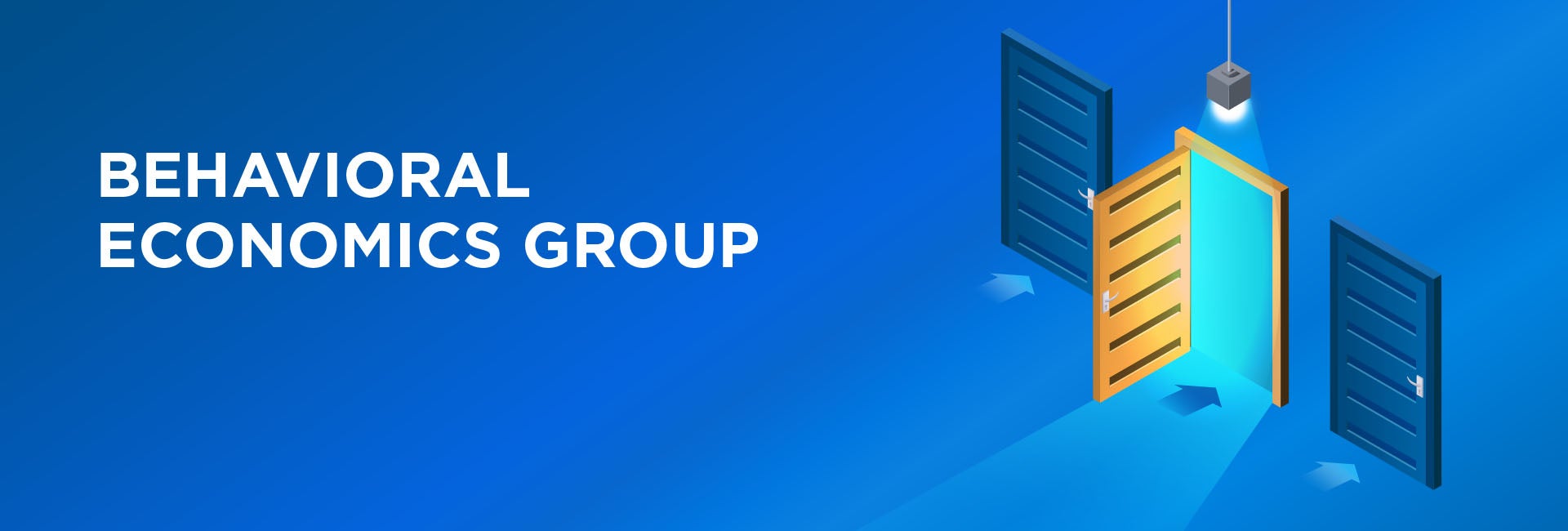Making behavior change stick in the long term
Making behavior change stick in the long term
Katherine Milkman from the Wharton School of the University of Pennsylvania responds to three questions about behavioral economics:
1) How can we make behavior change stick in the long term?
2) How can policymakers apply lessons from behavioral science?
3) In what policy areas can behavioral science have an impact?
